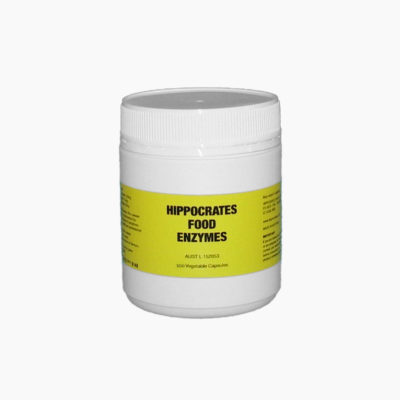Deadly Scents
The next time you come across a kitchen that smells “lemony fresh,” or get a whiff of a cool mountain glen from your t-shirt, don’t breathe too deeply.
According to researchers from the University of Washington, air fresheners and fragranced laundry products often emit literally dozens of chemicals – some of which are considered toxic by federal law.
And the worst part is that none of the potentially hazardous chemicals that are thrown off by these “fresh-smelling” products are even listed on the label of ingredients. University of Washington researcher Ann C. Steinemann, PhD, said, “I didn’t find a brand that didn’t emit at least one toxic chemical.”
As shocking as this may seem, there’s a part of me that’s not the least bit surprised. After all, I’m a bright guy and I realize that laundry detergents and air fresheners that smell like a cleansing summer rain storm aren’t made from fresh-picked mountain flowers after a sun shower.
There are chemicals – toxic and potentially deadly ones – that are replicating these odors. Of course the manufacturers of these products are already in full cornered-animal mode. They’re proclaiming that the products are safe when “used as directed,” and that the chemicals in question are present only in amounts not known to cause health issues.
But you’ve got to wonder, don’t you? Steinemann, a professor of civil and environmental engineering and public affairs at the University of Washington, says her idea for the revealing study was born of the fact that she had for years been told by many people that household cleaners and air fresheners caused them to have dizzy spells, or had spurred bouts of headache, asthma, shortness of breath – even seizures.
Steinemann’s study closely examined six popular consumer products: liquid spray air fresheners, plug-in air fresheners, fabric softeners, laundry detergents, dryer sheets, and the kinds of solid disc deodorizers used in airliner toilets. Steinemann found that these six products emitted a staggering 100 volatile organic compounds (VOCs).
But to me, the most disheartening discovery of Steinemann’s study came when she turned to USA federal law to find out what laws were on the books to protect consumers from this kind of thing. As it turns out, there’s no law that requires disclosure of all chemicals in fragrances.
It’s an outrage, to say the least. Steve Gilbert, a toxicologist not associated with the study, put it very succinctly: “At the very minimum, we should have a right to know what’s in these products.”
Your best bet is to stop using store-bought air fresheners altogether. Try the real thing instead – cut open a lemon or orange, gather some mint leaves, or just open a box of baking soda.




